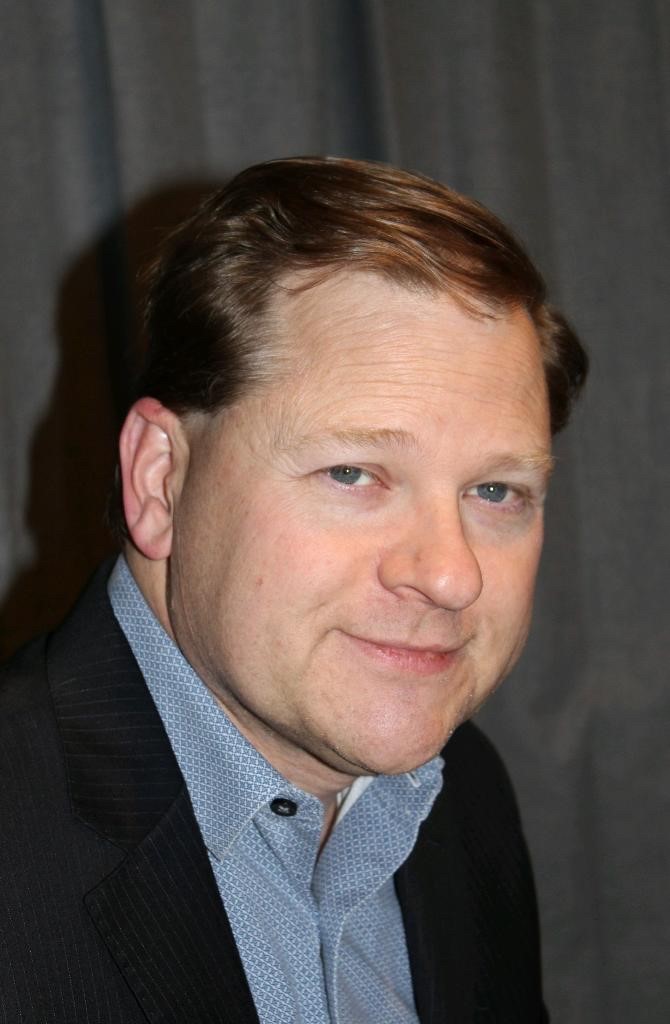The question “Is ESG dead?” has become a meme in the business press – it’s ubiquitous, eye-catching and controversial – convincing some that the movement is with certainty on its way out. Contributing to this doomsday scenario are headlines like these: ESG is beyond redemption: may it RIP; The investing framework is now facing a mountain of troubles, almost all of them of its own making from the Financial Times; Step Aside, ESG. BlackRock Is Doing ‘Transition Investing’ Now. The world’s biggest asset manager has abandoned the acronym while pumping billions of dollars into clean energy from The Wall Street Journal; and ESG takes a $14 trillion hit as financial firms pull back on commitments from Marketplace.
Are these predictions of the death of ESG greatly exaggerated? Is the term simply fading away in preparation to transform itself? Or is ESG indeed on its deathbed, like Tinkerbell – the fairy in Peter Pan – flickering weakly, still alive only because some people believe in it? The debate has become particularly heated in the United States, where ESG investing has become a political football. A January report from Pew Charitable Trust reports that while Colorado, Illinois, Maine, and Maryland have promoted ESG factors in public pension investment, 14 states in 2023 passed laws discouraging ESG considerations or banning ties to financial companies supporting them. A Global ESG Monitor published in late 2023 found that 78% of Americans still have not heard of ESG or aren’t sure what it is.
To discuss the fate and the evolution of ESG, John Lothian News Environmental Markets held an online roundtable discussion with leaders from the World Federation of Exchanges and ESG leaders from the Intercontinental Exchange (ICE), Luxembourg Exchange (LuxSE) and Nasdaq.
Some context is needed: The idea of the ESG framework was popularized by the UN Environment Programme Finance Initiative, or UNEP FI, in 2004. ESG in the business context means using environmental, social and governance factors to assess the sustainability of companies. These three factors represent the three major challenges facing corporations and society: climate change, human rights and adherence to laws. At its core, the need for the ESG investment framework in the financial world arises from evidence that current economic pathways are unsustainable and new ones must be forged.
Exchanges play a key role in data and transparency of issuer information that enables better price formation. They also develop products such as helping to price carbon (nature) more effectively. Exchanges that require high standards as part of their listing process – demonstrate how standards can helpfully be improved and lead to a better international baseline.
Since the emergence of the ESG term in 2004, the investment movement has grown into a global phenomenon representing more than $30 trillion in assets under management and giving rise to multitudes of organizations and frameworks for assessing progress toward meeting the UN’s Sustainable Development Goals (SDGs).
To provide insight and context on the question,”Is ESG Dead?” JLN’s Environmental Markets talked with five exchange leaders commanding the tools that will assist the transition in the capital markets to green from brown. Featured in this roundtable are Nandini Sukumar, chief executive officer of the World Federation of Exchanges (WFE), and Victoria Powell, senior manager – ESG, Regulatory Affairs for the WFE. The WFE’s 9th Sustainability Survey collects information from WFE members and affiliates, including stock and derivatives exchanges, from developed to frontier markets. The report captures the progress and achievements of the exchange industry in its engagement with ESG issues as well as the challenges the industry faces in achieving its ESG goals.
Joining the WFE leadership are three members of the WFE’s sustainability working group.
Gordon Bennett has been the managing director, utility markets and global head of environmental markets at Intercontinental Exchange (ICE) since 2015, overseeing global environmental portfolio sales and business development. He serves on the boards of ICE Endex, ICE Futures Abu Dhabi, Spark Commodities, and advises BeZero Carbon. His involvement extends to environmental and energy market initiatives including the Nature Based Solutions Taskforce and the Transition to Net Zero Working Group. Bennett was recognized as Environmental Finance’s sustainable business leader of the year in 2022.
Laetitia Hamon, Head of Sustainable Finance at the Luxembourg Stock Exchange (LuxSE), is responsible for the exchange’s sustainable finance strategy and related projects, and leads the expert team at LuxSE’s UN-awarded platform for sustainable finance, the Luxembourg Green Exchange (LGX). Laetitia was appointed to the European Commission’s High-Level Expert Group on scaling up sustainable finance in low- and middle-income countries in 2022.
~Established in 2016, the Luxembourg Green Exchange (LGX) is the world’s leading platform for sustainable securities, raising a total of EUR 1 trillion for sustainable development, and issued by 310+ issuers across 60 countries
~LuxSE actively contributes to strengthening gender diversity in the financial sector. As a founding partner and signatory of the Luxembourg Women in Finance Charter, LuxSE works to make Luxembourg’s financial centre more diverse and inclusive.
~The Luxembourg Stock Exchange (LuxSE) and UN Women are committed to working together to advance financing for investment projects which contribute to gender equality and the empowerment of women and girls across the world.
Tomas Thyblad – Head of ESG Solutions, European Markets, and Vice President at Nasdaq. Tomas oversees Nasdaq’s offerings in the Environmental, Social, and Governance areas, with a focus on solutions within the carbon market, including carbon removals (CDRs) and the voluntary carbon market (VCM).
~Nasdaq offers a comprehensive suite of ESG solutions aimed at enhancing sustainability practices and attracting long-term capital for companies.
~Nasdaq has been named to the Dow Jones Sustainability Indices (DJSI), a prestigious environmental, social, and governance (ESG) ranking benchmark.
~The Exchange earned a perfect score in the Human Rights Campaign Foundation’s 2023 annual assessment of LGBTQ+ workplace equality.

Randall Hopkins, Global Head of ESG Solutions, Nasdaq Corporate Platforms, spoke with Sally Duros for the John Lothian News ESG podcast. Hopkins said Nasdaq...

COP28 is in full swing in Dubai now and to preview the financial discussions that are occurring publicly and behind closed doors, we talked...

John Lothian News interviewed Nandini Sukumar, Chief Executive Officer at the World Federation of Exchanges (WFE), about the findings of the WFE’s 9th Sustainability...